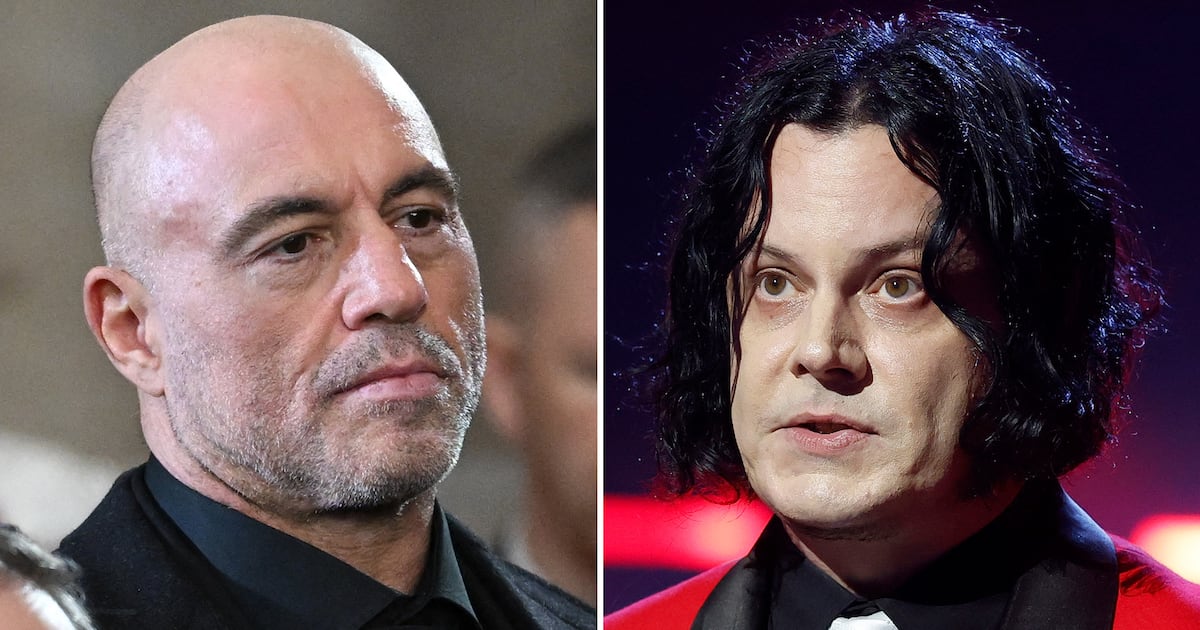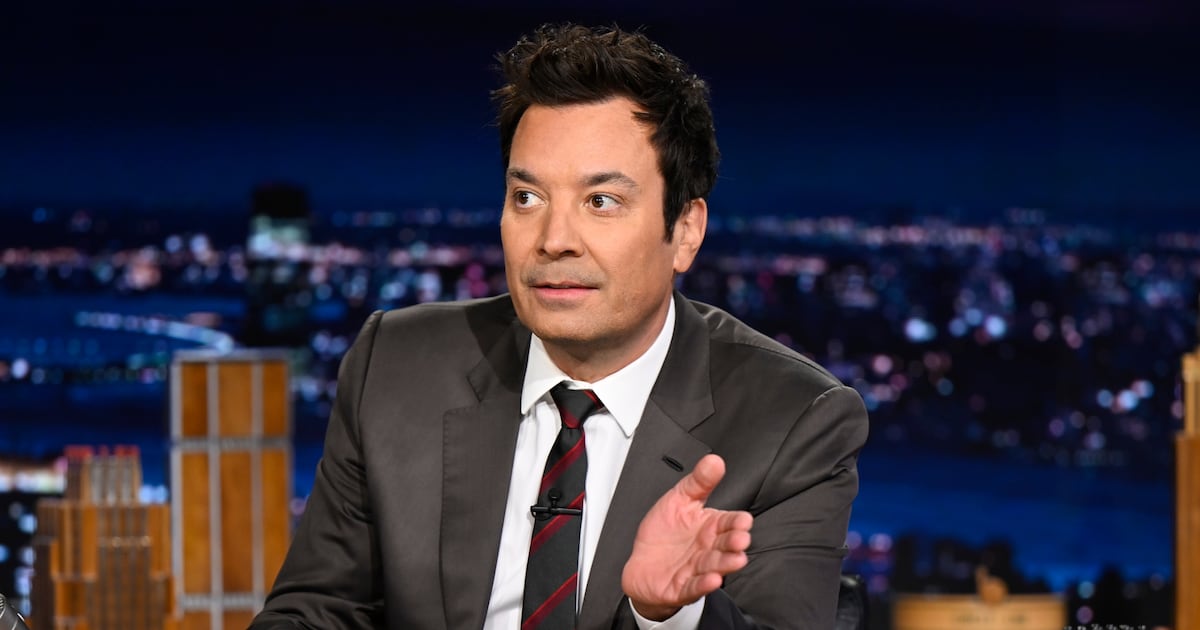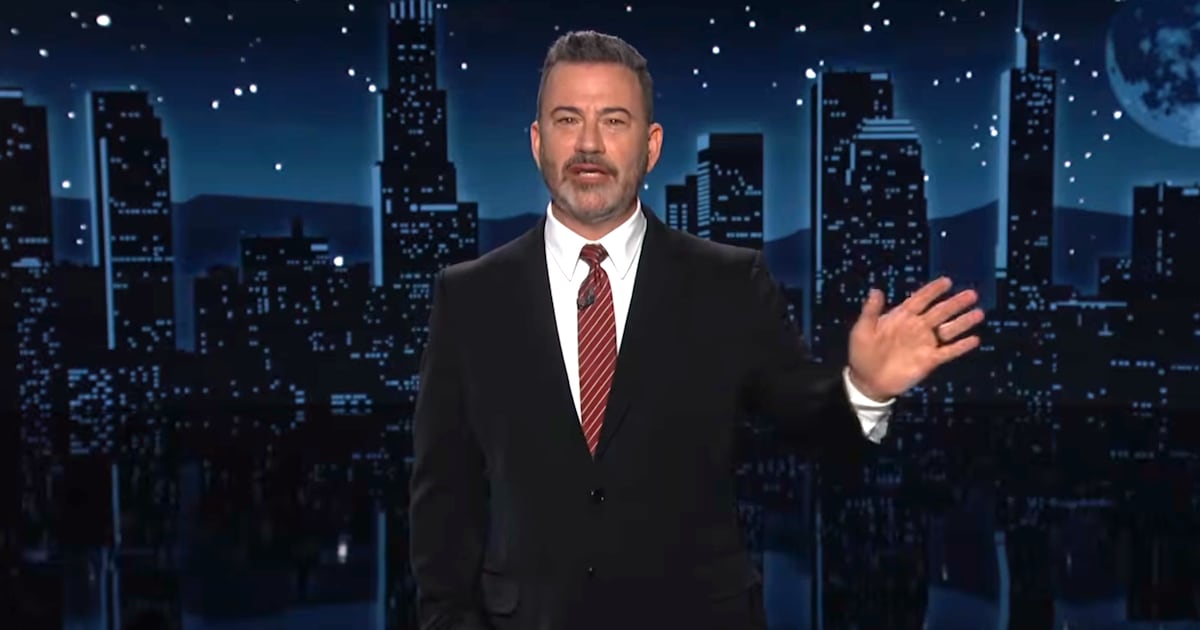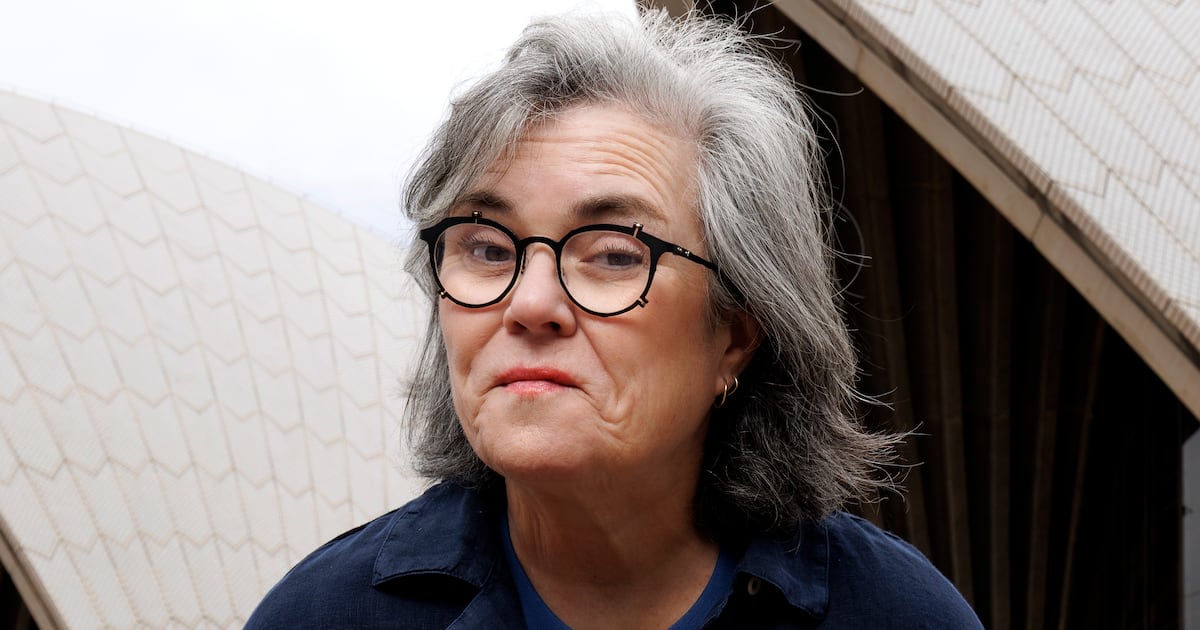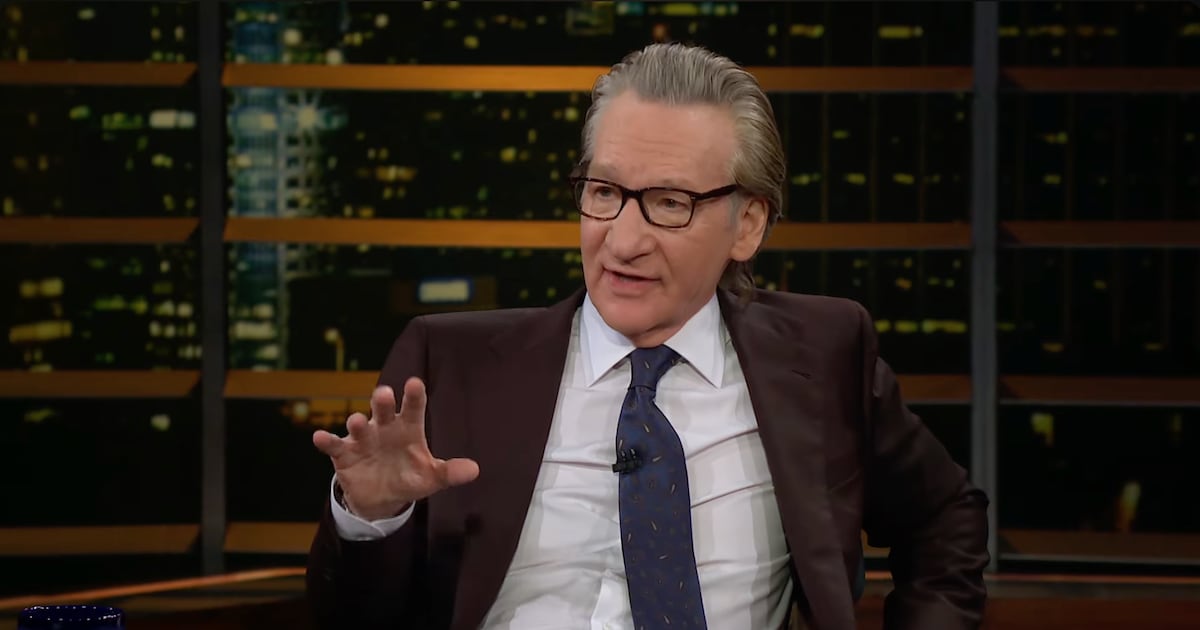Tom Cruise may be Hollywood’s king of death-defying stunts, but he’s got nothing on Nathan Fielder, who concludes Season 2 of The Rehearsal with a feat of mad, mind-boggling genius guaranteed to leave viewers stunned, terrified, and laughing out loud—as well as, surprisingly, deeply moved.
Operating according to the same principles as its maiden run, The Rehearsal’s return engagement, which premieres on April 20, finds its creator, director, and star investigating the relationship between trained performance and success.
Fielder believes that the key to understanding and improving oneself is diligent practice. To that end, his series is an attempt at determining whether individual and interpersonal difficulties can be avoided or rectified by meticulous advance preparation. It does this by crafting insanely elaborate sets where men and women can rehearse the forthcoming interactions which are causing them stress or grief—a scheme that quickly devolves into a cascading waterfall of wackadoo replicas and role-playing.
The Rehearsal often feels like a cross between Borat and The Stanford Prison Experiment, and what makes it all the more hilarious and pointed is that with his myriad exercises, Fielder confronts his own hang-ups.

Season 2 continues that formula, beginning with Fielder attending a college lecture by former National Transportation Safety Board member John Goglia, after which he chats with the expert about an alarming discovery he’s made about plane crashes: in most cases, fatal disasters were immediately preceded by either the Captain ignoring the warnings of his First Officer, or the First Officer choosing to stay quiet about (valid) qualms regarding the Captain’s conduct. Employing accident reports and transcriptions of cockpit conversations, Fielder contends that the inability of First Officers to speak up to their Captains is “the number one contributing factor to aviation crashes in history, and it’s not solved.”
Standing in front of digitally projected flames while staring at actors on a soundstage, Fielder’s introductory appearance in The Rehearsal is downright devilish. Yet despite this image and his habitually calculating ways, Fielder isn’t a villain, and his mission this season isn’t self-serving; on the contrary, his desire to use his dramatic-recreation methods to tackle aviation safety is decidedly noble.
The issue is that although he has the resources to solve a life-and-death dilemma, he’s received them—from HBO—in order to produce a half-hour comedy. And considering that, in his own estimation, the premiere’s opening ten minutes contain no laughs, he admits, “I was both the best and worst person to solve this problem.”
This, of course, isn’t true, and The Rehearsal is proof of Fielder’s peerless gift at wringing awkward and astonished humor from circumstances designed to speak to deeper truths about the inherent and intricate links between make-believe and reality. To test his hypothesis that commercial air travel is jeopardized by uncomfortable Captain-First Officer communication, Fielder visits LinkedIn, where he finds Moody, a First Officer at a regional subsidiary of United Airlines. To study the copilot, Fielder rents three L.A. warehouses and, inside, builds an exact facsimile of the terminals Moody frequents in Houston’s George Bush International Airport, the goal being to pinpoint the origin of pilots’ social unease with each other.
(Warning: Some minor spoilers follow.)
For The Rehearsal, this is a rather conventional set-up, and yet starting with its second episode, it takes off in all manner of crazily knotty directions. Surmising that crashes could be avoided if First Officers were more assertive about their feelings and opinions (“Holding stuff in is never the answer”), Fielder sets about getting to the bottom of why they’re so reticent. The resultant odyssey eventually involves the same sort of self-referential lunacy Fielder initially pioneered in his Comedy Central series Nathan for You and expanded upon with 2023’s The Curse.
In a riotous twist, both those shows factor into these bonkers proceedings, including when Fielder notices that Paramount+ (owned by the corporation behind The Curse) has removed a particular Nathan for You episode because the service’s German branch, in response to the Israel-Hamas war, wanted to preemptively avoid complaints about antisemitism—an objective that, to the Jewish Fielder, means that “we’ve been erased.”
The Rehearsal’s nominal focus is power dynamics in both professional and personal situations, but Fielder is constantly digging deeper into his subject to get at its roots, so that probing Captain-First Officer relations leads to questions about nature-versus-nurture, autism, and people’s capacity to beneficially alter their dispositions and “vibes.” “I believe that any human quality can be learned, or at least emulated. Sometimes, it just takes time,” he declares.
With his latest six episodes, Fielder strives to prove his bedrock theory via one jaw-dropping scenario after another, from resurrecting Canadian Idol (which he worked on as a junior producer, rejecting scores of aspiring singers), to trying to mold a cloned dog into its genetic ancestor, to sit-downs with politicians in an effort to speak before a congressional committee, to an extended bit in which he stars in a recreation of the life of a famous hero pilot whose muteness in the cockpit mere seconds before his celebrated actions may have been inspired by an early-2000s nü-metal hit.

Fielder is drolly straight-faced throughout, and his sincerity enhances the wittiness of his antics, which—in seeking to comprehend how and why people think and coexist as they do—ultimately reveal truths about Fielder himself. In The Rehearsal, meta comedy is a vehicle for self-analysis, discovery, and development, as well as real-world change, and along its journey, it delivers regular gut-busting moments, be it judgmental stares from a crippled clown or a woman relaying her waking wet dream about Albert Einstein.
Nonetheless, its first five installments only hint at its destination, whose astounding twist synthesizes the series’ various concerns into a harrowing and distressing reflection on the importance of open communication and the pitfalls of silence and fear—in everyday life and in the air.
Closing with an awe-inspiring achievement that pinpoints the reason (and potential solution) for a transportation-industry crisis and, with it, individual and public-health problems, The Rehearsal is a marvel of philosophy, social science, and art critique, all of which it delivers in the funniest package imaginable. Television doesn’t come more inventive, daring, and amusingly absurd.





